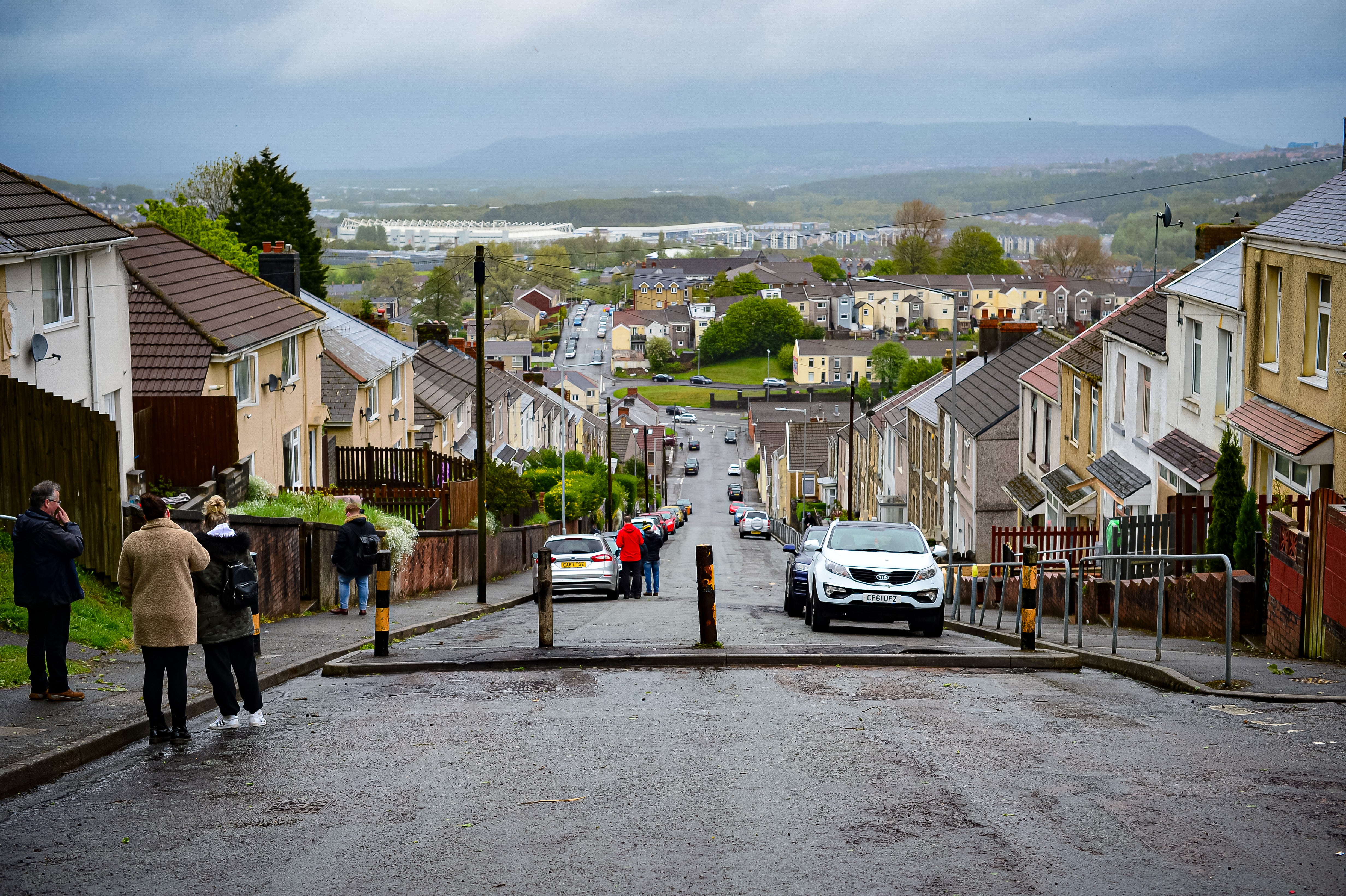South Wales Police apologise over Mayhill riot as ‘significant failings’ found
The force has been urged to conduct a fuller investigation into its ‘failings’ during the night of disorder.

Your support helps us to tell the story
From reproductive rights to climate change to Big Tech, The Independent is on the ground when the story is developing. Whether it's investigating the financials of Elon Musk's pro-Trump PAC or producing our latest documentary, 'The A Word', which shines a light on the American women fighting for reproductive rights, we know how important it is to parse out the facts from the messaging.
At such a critical moment in US history, we need reporters on the ground. Your donation allows us to keep sending journalists to speak to both sides of the story.
The Independent is trusted by Americans across the entire political spectrum. And unlike many other quality news outlets, we choose not to lock Americans out of our reporting and analysis with paywalls. We believe quality journalism should be available to everyone, paid for by those who can afford it.
Your support makes all the difference.South Wales Police (SWP) have apologised over their handling of a riot that broke out in a Swansea neighbourhood last year after a panel found there were “significant failings”.
An independent review of the police and council’s response to the disorder that took place in Waun-Wen Road, Mayhill, on May 20 2021 recommended the force make a public apology and carry out a full investigation into the events of that night.
Senior officers have now admitted the force “failed to take action quickly enough on the night”, and that they “fully accept” their response was wrong.
The rioting was sparked by the death of 19-year-old Ethan Powell who collapsed in his grandmother’s home on May 18. An inquest into his death is set to take place later this month.
A vigil set up by the teenager’s friends and family two days later descended into mayhem with hundreds of people taking to the streets, cars being set on fire and windows smashed, footage of which was shared on social media platforms.
Residents were terrorised in their own homes and many who gave evidence to the panel said they felt abandoned by the police.
Questions were subsequently raised about the response by the authorities prior to, during and after the riot.
These include how the riot was only identified as a “critical incident” after it was over.
In a report published on Monday, the former chief executive of Swansea City Council Jack Straw retired chief superintendent of SWP Martin Jones and Professor Elwen Evans QC, who undertook the review, said it was clear residents “were left unprotected for a significant period”.
The report also said police have a significant task ahead of them “in seeking to re-establish trust and confidence in the aftermath of this incident”.
“Doing so must be predicated on a full, open and transparent understanding of what went wrong that night,” the authors added.
However, the report raises concerns that the information provided to the panel by the police was lacking.
It suggests the force have not only withheld a wealth of visual evidence from the review but also an internal police report that was not disclosed.
The panel also said the force’s speedy decisions over the conduct of its officers could be seen as “an indication of the limited extent of the initial police reflection on their responses to events”.
The report said: “Despite the absence of a full investigation, it is clear to the panel that significant failings are evident throughout this event.
“Currently available evidence strongly suggests failings in command structures and decisions, operational decisions and tactics, and communications.
“The full extent of these failings and explanations for any failings can only be determined by a forensic investigation.”
Comparatively, Swansea City Council’s internal report was described as “detailed” and “provides the vital underpinning for a positive action plan which should, over time, demonstrate that the learning from this event has led to positive change”.
Chief Constable Jeremy Vaughan apologised on behalf of the force, and said: “We failed to take action quickly enough on the night and for that I am truly sorry.
“We have made some immediate improvements to our operational practices following this incident including how we manage information around an escalating incident and how we draw upon resource from across South Wales and beyond more quickly.”
The force said it had already carried out an Independent Learning Review commissioned by the Police and Crime Commissioner and the Chief Constable jointly with the leader of the council to examine what happened on the night, what may have caused it and to identify any opportunities for learning.
A number of factors may have contributed to the riot, the panel said, including “the effects of Covid lockdowns, social media narratives, criminal behaviours, socio-economic dynamics, and reactions to the tragic death of Ethan Powell”.
The challenges facing local authorities and policing agencies were called “exceptional and unprecedented”.
A criminal investigation into the rioting is ongoing, SWP said. A file has been submitted to the Crown Prosecution Service (CPS) and charging decisions are expected shortly, it added.
Assistant Chief Constable Mark Travis, who oversaw the initial operational review following the incident, said: “I know the community wants to see those responsible for these terrible events brought to justice and I would like to personally thank those who have assisted our investigation so far.
“South Wales Police has an excellent reputation for policing major sporting and other international events. We have well-trained officers who have the skills to deal with the most challenging of incidents which makes it all the more frustrating that on this occasion, we recognise that we got our response wrong, something which we fully accept.”